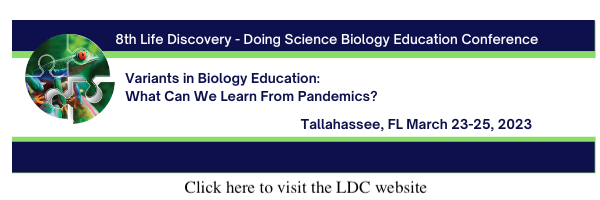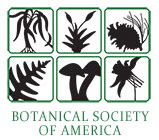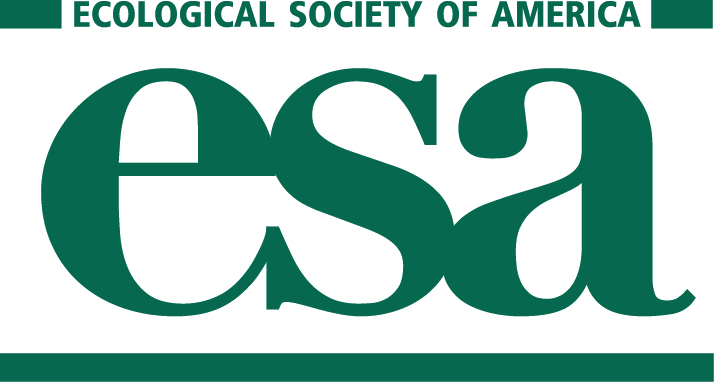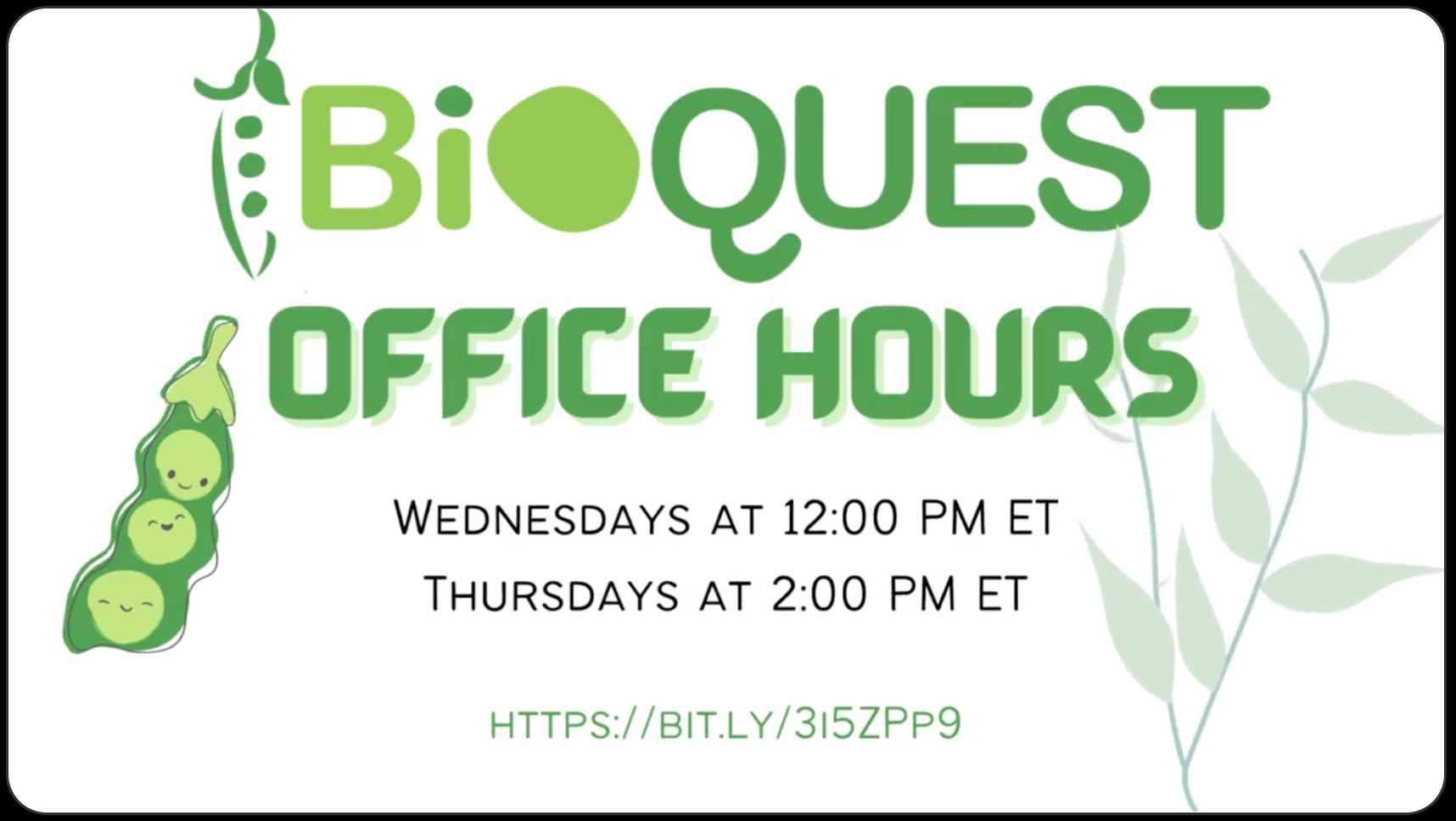Check out the materials!
Sponsored By:
Share Your Materials!
You get a DOI and metrics! You can share with everyone! Even version and/or adapt for using later.
Sharing your LDC materials on QUBES extends their reach and makes sure that you get professional credit for your work. You can link to your work from your website, share the full citation / DOI, and make sure others know how to find your materials.
With the instructions below, your materials will automatically appear in the collection at the bottom of this page. This is a great opportunity to keep up with all the wonderful things you saw at LDC 2023.
How to share your materials
- Get a QUBES account (if you don't have one!)
- Go to Submit a Resource
- Create without a project (click "Create" on the left)
- Add your materials!
- Share files and/or links that are associated with your work (click Next)
- Your title can transfer, your abstract will likely need to be shorter but the full abstract can go in the description. Add any additional details you'd like (click Next)
- Add authors (click Next)
- Add an image for the resource page if you'd like- no pressure (click Next)
- Select a Licesnse- we recommend ShareAlike 4.0 International, but check out the options to see what works best for you (click Next)
- Tagging page
- For a presentation, click "Reference Material", "Conference Material" and select "Presentation'
- For a Share Fair offering/Teaching Material, select "Teaching Resource" and subset information
- Add keyword - "LDC2023"
- Add any additional keywords that make sense with your materials
- Click Next
- Add any additional info you want- no pressure (click Next)
- You can check out the resource page
- Accept the Agreements and click Submit Draft
Get More Help Publishing!
Join us at Office Hours
Or, email info@bioquest.org and we will get back to you within a day.
LDC 2023 Materials Shared by Participants
Turning ecological research into engaging online modules for undergraduates through Gala/OCELOTS
Version: 2.0
Learn how to create and implement online modules in tropical ecology for undergraduates. In an NSF-funded network, researchers and specialists in 4DEE, pedagogy, interactive data tools, and media create research-based modules on open-access Gala.
Using a multimodal approach, the non-linear aspect of the surface area to volume relationship is explored. Students use their their senses of taste and sight to determine how smaller cells and larger cells differ. Quantitative examples are explored. Concepts of structure and function Examples along the biological hierarchy are provided.
Uncovering Hidden Figures of Natural History Collections Using Digital Data Sleuthing & Storytelling
Version: 1.0
In this presentation we will introduce a series of modules meant to train the next generation of scientists to be data sleuths and storytellers, engaging learners in authentic research experiences within a social justice framework using open tools and resources.
2023 Conference Theme - Variants in Biology Education: What can we learn from pandemics?




